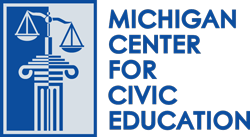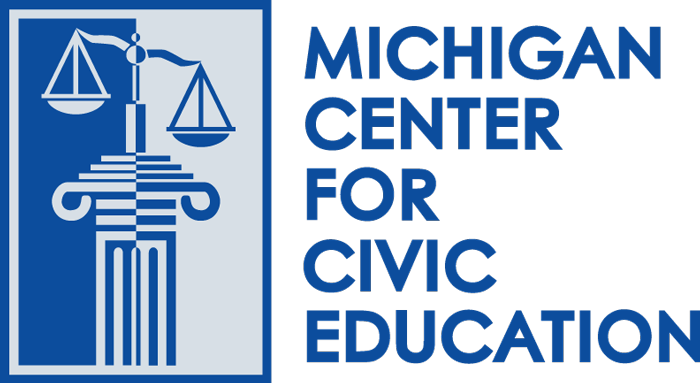Students reflect on when and why rules are needed and the importance of rules in the classroom or in a community setting.
Civics Lessons
Rules, Rules, Rules-The Eraser Game
A Kid’s Guide to Running for President
Students will read about the election process and correctly put the steps in proper sequence. Students will participate in a debate on an issue that relates to their day-to-day school experience.
What is Democracy?
In this lesson, students will identify essential components of a functioning democracy. They will be presented with “borderline” countries – hypothetical nations that exhibit some, but not all, of the characteristics of a democracy. Through discussion and group work, students will expand their understanding of democracy and see different manifestations of democratic practices.
The Presidency
Students develop an understanding of the qualities of a leader and begin to see themselves as leaders. Students will learn about and understand who can become president and what his/her duties would be as president.
What is the Role of the President in the American Constitutional System?
This lesson examines sources of presidential power and ways that checks and balances limit presidential power. Students explain the president’s constitutional responsibilities, identify checks on the president’s power, and defend positions involving the exercise of presidential power.
What Does the Preamble of the U.S. Constitution Mean?
Students compare and contrast the language in preambles to two state constitutions; compare state preambles with the preamble of the U.S. Constitution; draft a new preamble for the U.S. Constitution; and discuss the process of amending the U.S. Constitution
Does the Constitution Protect Fair Play? Introducing Due Process
In this lesson, students develop a working understanding of due process by discussing relevant Constitutional clauses. They are presented with the Gideon v. Wainwright case and decide whether Clarence Gideon had the right to an attorney, relying on their previous discussion of due process. The lesson ends with a discussion of the importance of the right to due process in criminal proceedings, as well as a discussion of other situations in which the right to due process applies
The First Amendment: What’s Fair in a Free Country?
Lesson includes several activities to demonstrate to students that freedom of speech continues to evolve.
What Is A Good Rule? Creating Our Ballot Questions
This lesson offers students the opportunity to play the role of voters with special interests. Students draw up initiatives for new classroom or school rules. Working in groups of four or five, students share their ideas and rationale for new rules.
What Makes Lawmakers Tick?
This is the final lesson of three lessons on the Fundamentals of Representative Democracy.
This lesson is designed to give students a better idea of what makes members of Congress and state legislators tick. What motivates them, why do they run, what attributes and skills do they possess, and what is the nature of their jobs? This lesson relies upon a lawmaker being invited and coming to class to answer student questions about legislative life.

